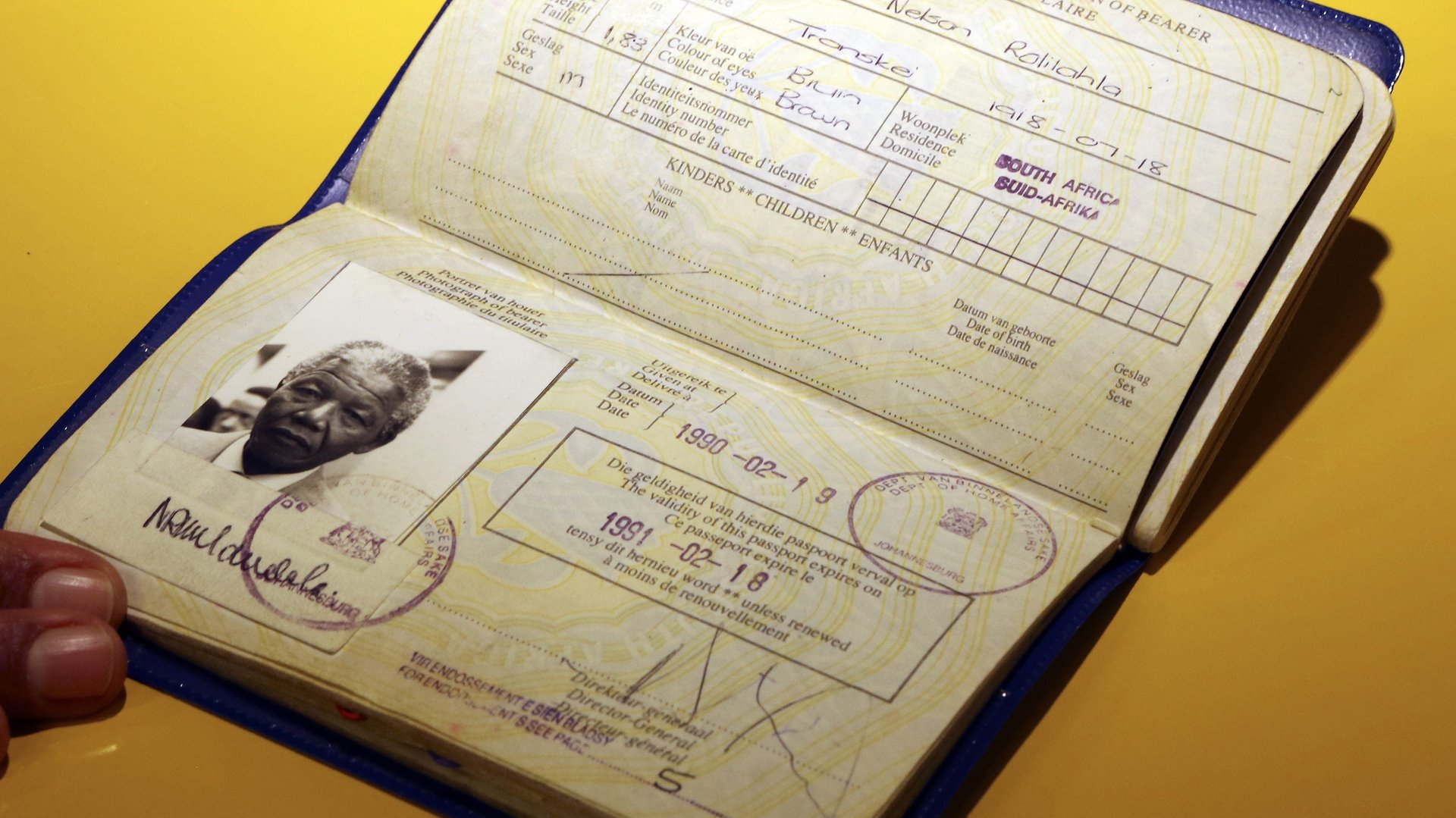The African Union has launched its visa-free passport but it won’t make travel easier for Africans yet
The African Union (AU) has finally launched its continental passport. With the goal of helping to “realize the dream of visa-free travel for African citizens within their own continent by 2020“, AU leaders hope this will be a key stroke in boosting integration and free movement in Africa.


The African Union (AU) has finally launched its continental passport. With the goal of helping to “realize the dream of visa-free travel for African citizens within their own continent by 2020“, AU leaders hope this will be a key stroke in boosting integration and free movement in Africa.
Among the first recipients of the passport were presidents Paul Kagame (Rwanda) and Idriss Deby (Chad). As it is initially available only to African heads of state, AU officials and select national government personnel, it might take a while before regular Africans will hold these passports. While there is no definite timeline, Nkosazana Dlamini Zuma, African Union Commission chairperson, says the body has agreed “to create the conditions for member states to issue the passport to their citizens, within their national policies, as and when they are ready.”
Even though the African Union cites the launch of the passport as a major effort towards opening borders across the continent, there are still questions to be asked of its effectiveness.
For one, a much quicker way to make travel easier for Africans immediately could be urging countries to ease restrictive visa requirements like some, most recently Ghana, have done. Also, while it might make visas more accessible for Africans, brandishing an African Union passport at airline counters will not make air travel any cheaper. With costs of flights being a major impediment to free movement and trade, opening air routes between the continent’s biggest markets will not only drive down ticket prices but also boost local economies.